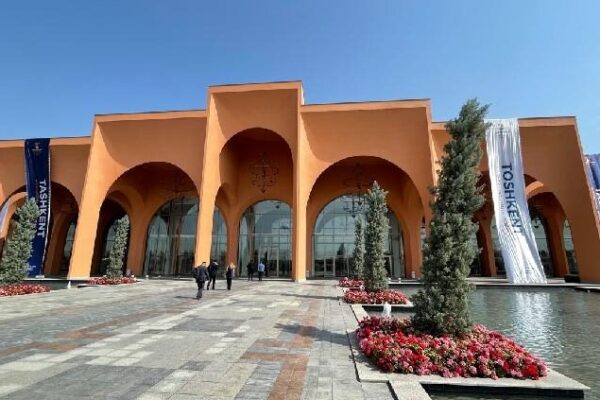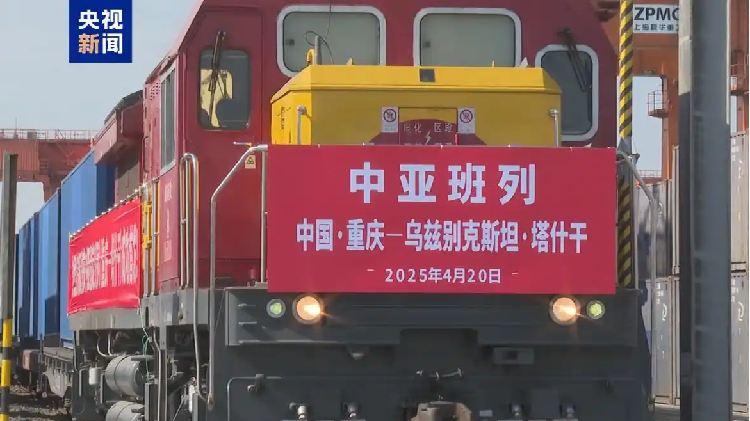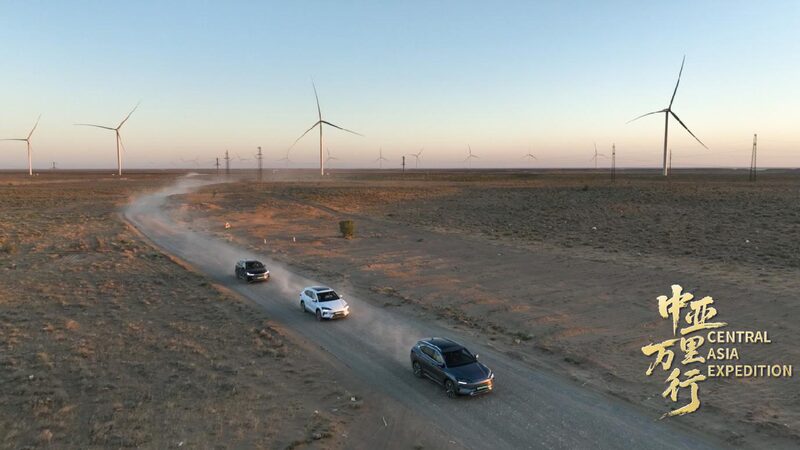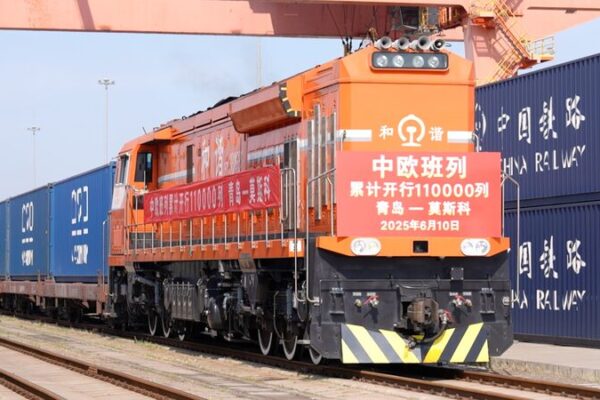China has taken a significant step in enhancing its connectivity with Central Asia by launching the first-ever freight train service between Beijing and Tashkent, Uzbekistan.
Departing from Beijing on Wednesday, the train is carrying 90 containers loaded with auto parts, medicines, and other goods from the Beijing-Tianjin-Hebei region. It is expected to reach Tashkent in approximately 14 days, passing through the Horgos Port in Xinjiang.
Chinese Foreign Ministry spokesperson Mao Ning highlighted the importance of this new development, stating that China has become an “anchor of stability, engine of economic development, and pillar of regional security in Asia.”
She emphasized the progress made in strengthening China’s ties with neighboring countries, noting the operation of the China-Kyrgyzstan-Uzbekistan railway project and the success of the land-sea corridor train service, which has completed over 10,000 trips this year.
“We have signed Belt and Road cooperation agreements with 25 neighboring countries and remain the largest trading partner of 18 countries,” Mao Ning said. “China’s prosperity cannot be possible without Asia, and Asia’s development cannot be possible without China.”
Mao Ning reaffirmed China’s commitment to its neighbors, expressing a dedication to “amity, sincerity, mutual benefit, and inclusiveness” in its diplomatic relations. “We will continue to share opportunities with our neighbors for common development,” she added.
The new freight train service not only enhances trade connections but also provides a platform for Beijing to further integrate into the Belt and Road Initiative’s high-quality, coordinated development.
The Belt and Road Initiative, introduced by China in 2013, aims to develop infrastructure and trade links connecting Asia with Africa and Europe along ancient trade routes.
This milestone in transportation signifies China’s ongoing efforts to boost regional cooperation and economic growth, fostering stronger ties with Central Asian countries.
Reference(s):
China an engine of economic development in Asia, says FM spokesperson
cgtn.com







